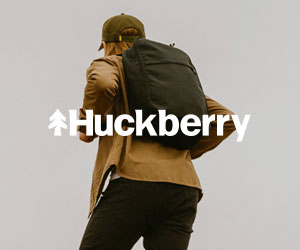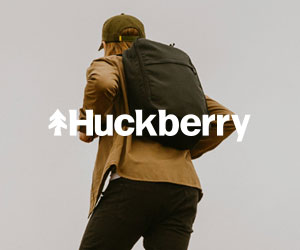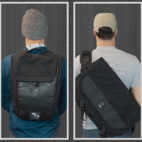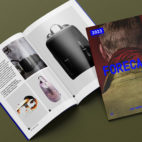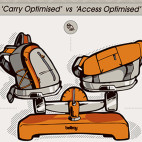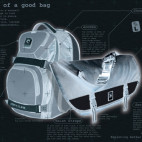The Calamity of the Single-use Plastic Bag
Single-use plastic bags are convenient but aren’t good for the planet. Sure, you’ve heard or read something to this effect before. Yes, you want to do your bit to help the planet. But why exactly are they bad, and what can you do? Repeatedly hearing about something without much context isn’t great motivation to make positive changes. So we wanted to provide a little context, which in turn will hopefully motivate you to make a little change. And you know what they say about lots of people making little changes…
So how much are we talking here?
Numbers vary from one country to the next. However, globally around a trillion – a trillion – single-use plastic bags are utilized annually according to the Earth Policy Institute. To put that in perspective, close to two million per minute. Something else to ponder, plastic bags chew up a lot of resources to create. You could power a sedan for a mile with the same amount of energy used to make 12 plastic bags.
On top of that, the Ocean Conservancy, an initiative that encourages the removal of trash from beaches and waterways around the world, notes that plastic bags are one of the most collected items in their annual International Coastal Cleanup.
Adding up how many plastic bags you’ve lumped in the trash in the past year yet?
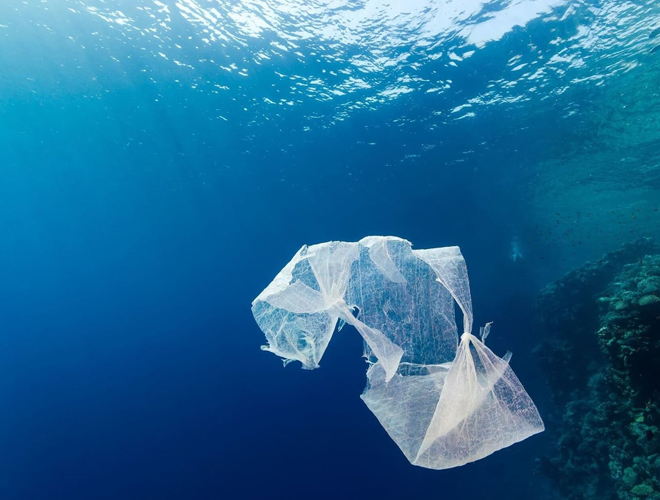
Why are they bad for the planet?
Here are the unpleasant realities. Studies like this “Using Expert Elicitation to Estimate the Impacts of Plastic Pollution on Marine Wildlife” have identified plastic bags (along with plastic utensils) as the greatest ingestion and entanglement risk for marine mammals, seabirds and turtles. This entanglement and ingestion, if unattended, most often than not, results in slow and painful deaths for the animals unfortunate enough to cross its path.
Plastic bags can also take up to a thousand years to degrade, and as they break down into tiny particles these can cause soil and water contamination.
Plastic bags can also contribute towards garbage patches, which are collections of marine debris such as the Great Pacific Garbage Patch. Plastics make up the majority of this debris as they aren’t biodegradable, but are broken down by sunlight into tiny pieces through a process called photodegradation. During this process they can dispel harmful chemicals. Moreover, plastics can also absorb harmful chemicals, causing them to negatively impact the food chain if marine animals decide to chow down on them.
Flooding is also a potential risk. Plastic bags that have been discarded as litter can end up clogging drains and causing floods in periods of heavy rain. This can result in severe damage not only to the local environment and wildlife, but to buildings and personal property too.
So, yeah, it’s pretty calamitous on all fronts, right?
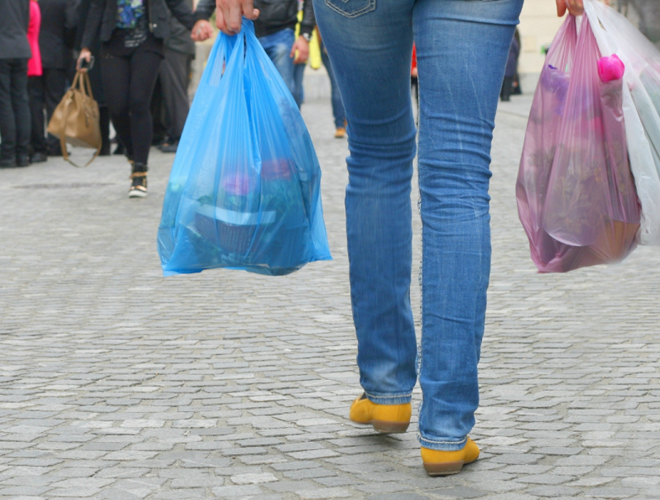
What’s currently being done to combat the use of plastic bags?
Certain initiatives have been put in place in different countries (to varying degrees of success) to reduce the use of plastic bags. These include introducing taxes for plastic bag producers, banning non-biodegradable bags or plastic bags below a certain thickness, encouraging the use of biodegradable bags, charging a small fee for shopping bags in supermarkets, and providing discounts to consumers who reuse bags.
Some plastic bags are recycled, which is great. However, it’s still a small percentage of the amount produced each year.
How do I play my part?
Recycling is good – but reusing is even better. Rather than getting a new plastic bag each time you buy something, bring a reusable bag with you instead. And don’t forget, reusable bags can be used for all sorts of carry-related tasks, from quick errands to grocery shops to travel day bags. You can stash them in larger bags for an extra carry option, stow them in your car so they’re handy if you need them, or carry them in a pocket or attached to your keys.
If you have any plastic bags already lying around, see if you can get some more use out of them. You might just find that single-use bag becomes a several-use hauler. Of course, at some point you’re going to need to replace them. So we’ve listed a few reusable bag options below.
ECOBAGS
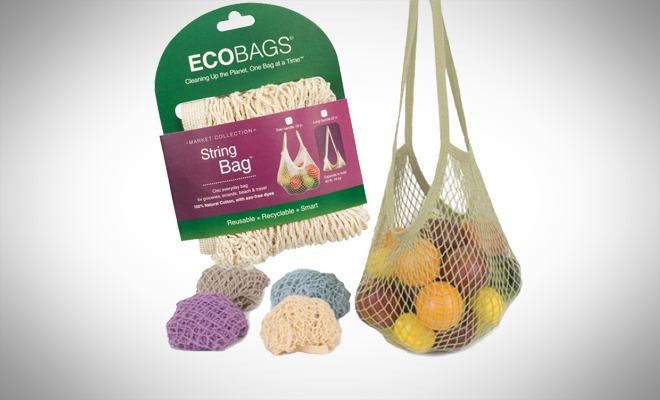
This certified B Corporation offers a variety of reusable and recyclable bags. Use them at your local farmers’ market, grabbing some milk on the commute home, or even for your beach essentials.
rPET Onya Bag
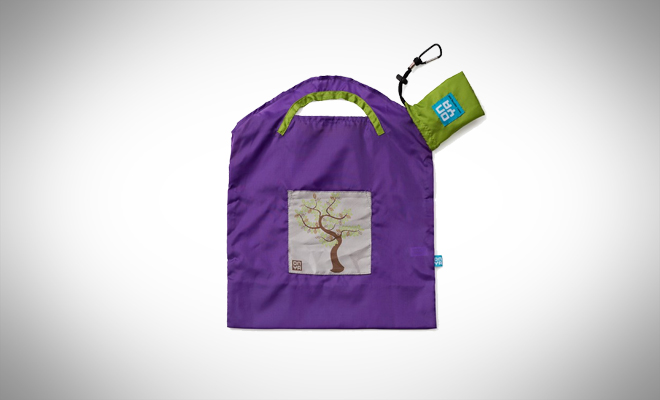
Onya provides a choice of eco-friendly and reusable bags such as this one made from recycled plastic bottles. It also comes with a stuff pouch and carabiner clip for easy portability.
ChicoBag
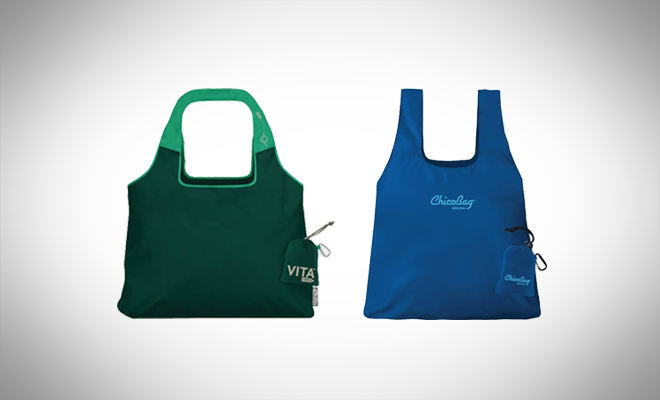
ChicoBags come in a variety of sizes and styles, and can be slung over your shoulder or carried by hand. The company is a certified B Corp and focused on eliminating waste in all areas of their business.
Sea to Summit Ultra-Sil Sling Bag
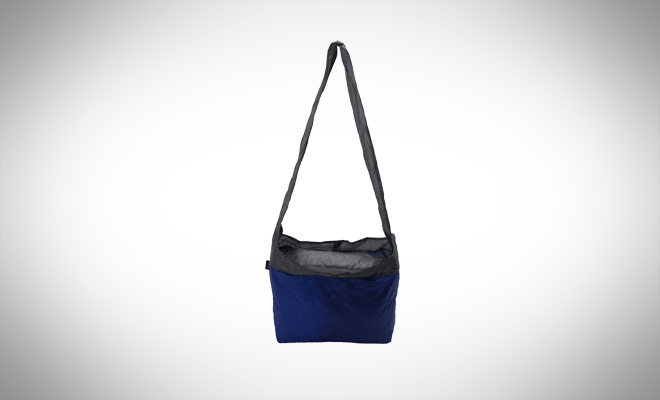
Sea to Summit uses durable but packable Ultra-Sil fabric, a YKK zip and reinforced stitching at stress points to create a lightweight and compactable bag you won’t be discarding any time soon.
Eagle Creek Packable Tote
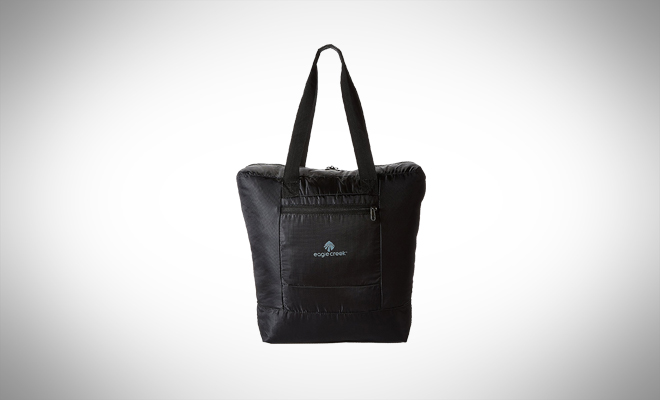
If you’re looking for some carry security and organization, the Packable Tote does the trick with lockable zippers and a front pocket with a key fob.
Boreas Gear Taurus Backpack
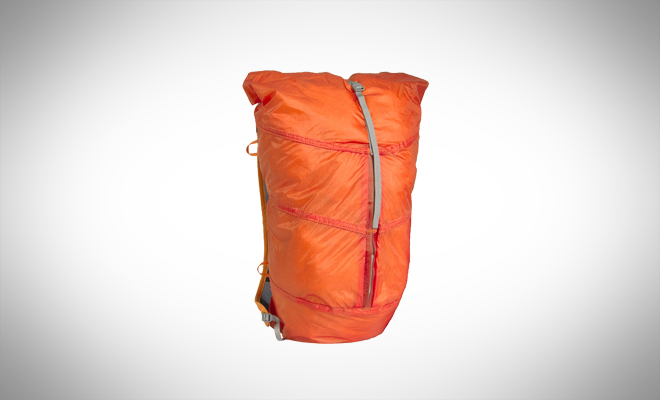
The Taurus combines the carry comfort of a backpack with an easily stashable form and exterior attachment points for extra gear. It can accommodate a hydration sleeve if you’re getting active, and folds into an integrated pocket for compact storage when you don’t need it.
BAGGU Standard Reusable Shopping Bag
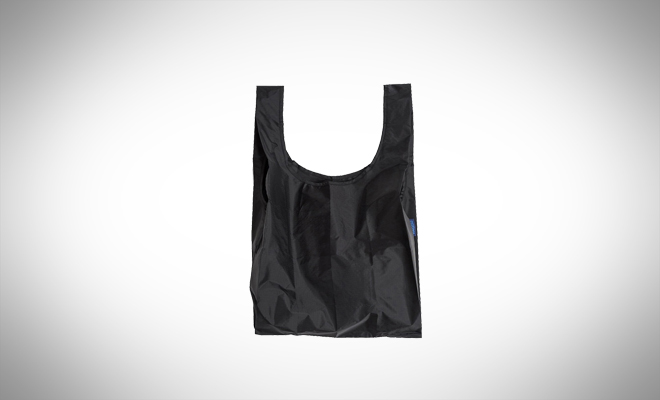
BAGGU’s Standard Reusable Shopping Bag can be carried by hand or over your shoulder, folds into an easily stowable pouch, and comes in a variety of colorways so you can stay subtle or pop out some personality on your next food foray.
Apolis Market Bag
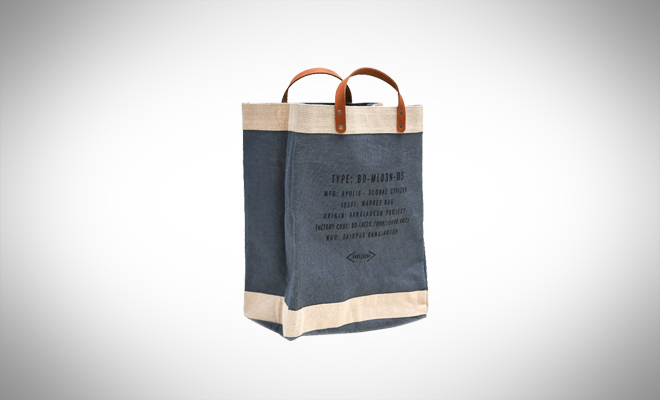
The Apolis Market Bag brings elevated style to reusable carry. Made by hand in Bangladesh and completed in California, it features a waterproof lining, vegetable-tanned leather straps and nickel rivets, and an interior pocket.
Bring Your Own Backpack
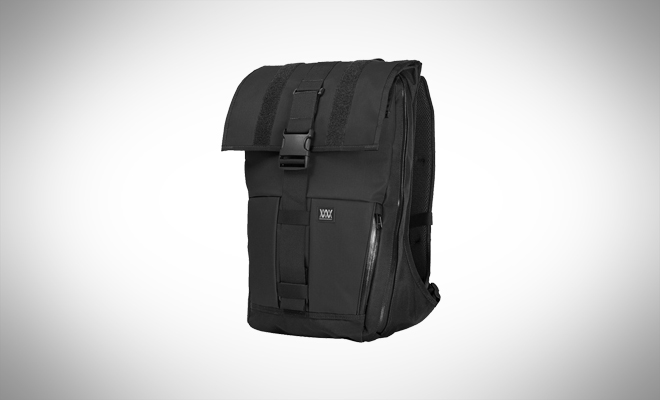
If you’ve already got a suitable bag you can make grocery runs with, use it. A backpack will help with distributing the load for carry comfort, and if you’ve got one that expands, even better. A pack like the Mission Workshop Rambler will be able to accommodate a range of different loads and grow or shrink with your needs.
–
Do you have any tips for reducing the use of plastic bags? Got a favorite reusable bag that others would be keen to hear about? Share your comments below…





 Carry Awards
Carry Awards Insights
Insights Liking
Liking Projects
Projects Interviews
Interviews



